Eat lots of vegetables and fruits, cook at home to control calorie intake; exercise regularly to increase metabolism, avoid weight gain after age 40.
After the age of 40, the body burns fewer calories, the metabolism slows down, and excess calories are stored as fat. Changes in estrogen and progesterone hormones during perimenopause and menopause can easily lead to fat around the belly, buttocks, and thighs. Some healthy habits can control this condition.
Don't skip breakfast: A healthy breakfast of oatmeal or whole-grain toast with fiber-rich fruit can help curb mid-morning hunger or overeating at lunch. Snacking every few hours can help control cravings.
Avoid or eat less at night: At the end of the day, the body's metabolism tends to slow down, if you eat too late it will be difficult to digest. Undigested food is at risk of being converted into fat, accumulating in the abdomen as excess fat.
Eat more fruits and vegetables: They provide nutrients and are lower in fat and calories than meat or dairy products. Fresh fruits such as apples, chopped pears, and berries are also good snack alternatives to products high in fat or sugar such as cakes and sweets.
Healthy Cooking: Some cooking methods can also increase calories and bad fats. Choose boiled, baked, or grilled foods over fried foods. When eating out, avoid fried, sautéed, or creamy dishes, as they can easily add fat.

Fruits and vegetables provide nutrients, are low in fat and calories, and do not cause weight gain. Photo: Freepik
Avoid overeating: Some women become less active as they age, so losing weight requires cutting back on daily calories. Sit down to eat, focus on the meal, and don't watch TV or use your phone to avoid overeating.
Limit unhealthy drinks: Creamy coffees, sweet teas, soft drinks, and sugary energy drinks can easily lead to belly fat, weight gain, and increased risk of diabetes. Water, herbal tea, or other zero-calorie drinks are healthier options.
Cut down on alcohol: Alcohol contributes to belly fat in middle age. A glass of beer or wine contains about 150 calories and more if consumed regularly. Drinking alcohol also makes you feel hungry faster, making you more likely to eat more after drinking.
Exercise more: Busy work and childcare leave middle-aged women with little time to exercise. Muscle loss gradually occurs after the age of 40, common in postmenopausal women. Everyone should try to spend at least 2.5 hours of moderate physical activity (such as walking, cycling) each week. Physical training and strength training such as weight lifting, push-ups and squats can prevent muscle loss and strengthen muscles. Women should maintain these exercises at least twice a week.
Relax, avoid stress: Stress makes a person more likely to eat unhealthy, fatty foods. Practicing yoga, deep breathing, meditation, going for a walk or reading a book or watching a movie can help improve your mood.
Thyroid health check: Women who eat healthy and exercise regularly but still cannot lose weight may have an underactive thyroid. In addition to weight gain, thyroid disorders can cause fatigue, joint and muscle pain, and depression. People with unusual symptoms should see a doctor.
Bao Bao (According to WebMD )
| Readers ask questions about female physiology here for doctors to answer |
Source link








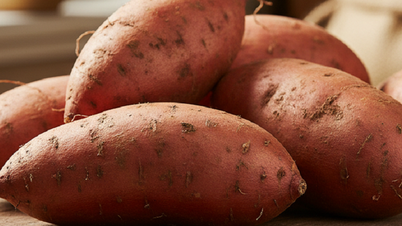

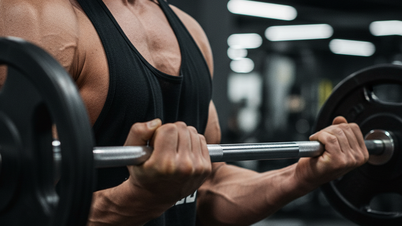


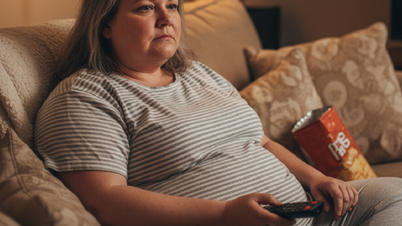
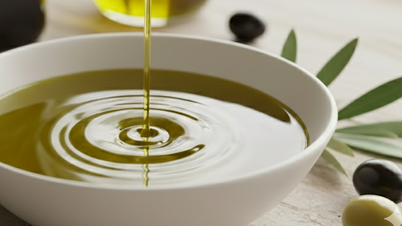






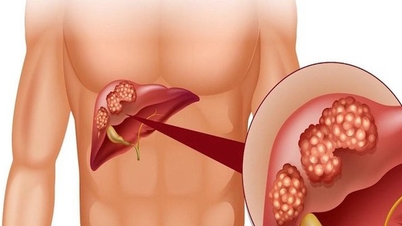






















































































Comment (0)